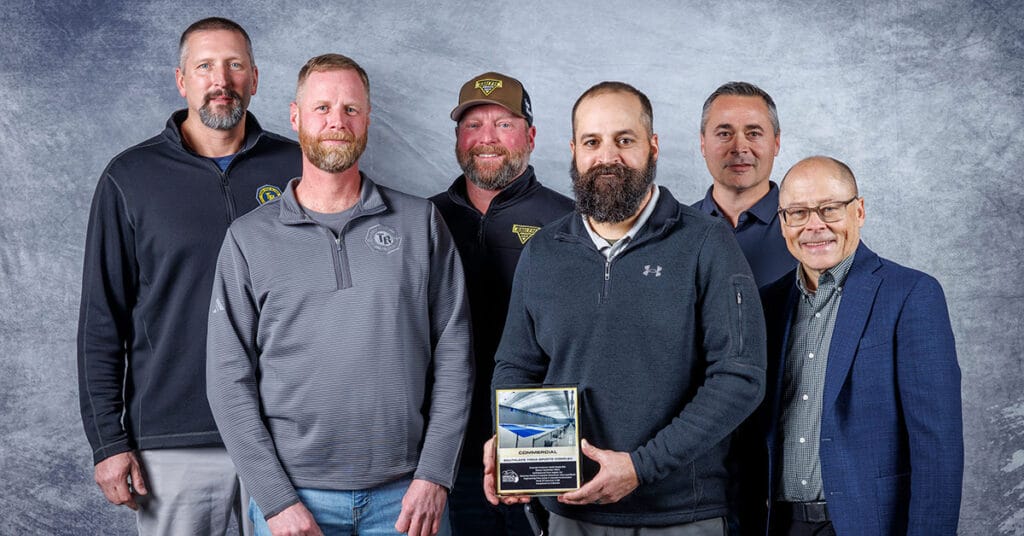Times are changing for the region's construction workers.
by Jacqueline von Ogden
January 2014 marks the 50th anniversary of musician Bob Dylan's well-known song “The Times They Are a-Changin.” And though the list of changes within the technological and automotive industries is large enough to be a novel within itself, it is a reminder that there is constant change. Businesses change. Industries change. Communities change. Moreover, training–especially for those within the International Brotherhood of Electrical Workers (IBEW) Local 697 and the National Electrical Contractors Association (NECA)–has been no stranger to change.
The 2011 opening of the IBEW Local 697 and NECA Training & Apprenticeship Center provided a signal for not only an upturn for the industry, but for the training and future apprentice expectations. The LEED-certified training center prepares those with an interest in achieving apprentice of journeyman status within the electrical and video, voice and data (installer-technician) industries. Says Ken Jania, IBEW training director, “A big part of the training our workers is on being more energy-efficient. It's always been part of our mindset. We've tried to take this to a whole new level.”
Brian Sullivan, executive manager of the Northern Indiana chapter of NECA, notes that the economic downturn in 2008 did affect not only the industry, but the organization as well. “The past five years have been an upswing for us. More and more people are showing an interest, and its bringing people our way,” says Sullivan, who has spent the last 13 years with NECA. He also points out that with the advancements in training, the workforce and occupations continue to advance.
“First, there has to be an interest in the industry. A big part of what we do is mathematically based. But this is a very intricate kind of work. Situations can be very dangerous. We always want to make sure we have the right person for the program,” says Sullivan. And NECA attempts to do just that, beginning with the marketing of the program itself. Within the scope of marketing, a labor management co-op committee was formed, and with the help of community-based advertising, the goal is to get the message out to the right audience. Says Sullivan, “Advancements in training have changed not only the industry, but the training itself.”

Nick Meyer, director of external communications for NIPSCO, agrees that industry advancements have changed the scope of how people look at electricity and power. “There is a growing interest in renewable energy services and being green and a growing interest in programs,” Meyer says, as he notes the types of programs and services not available in 2008. “Electric vehicle programs, green power rate programs. Wind power. The environment is changing in terms of our customer's interest,” says Meyer. “We're changing to meet the needs and interests.”
For Dan Waldrop, IBEW 697 business manager, changing to meet the needs of the customer is essential. “We built the training center with gold certification, and when we set out to do this, LEED was not a household term,” says Waldrop. “We have adjusted our curriculum. We have a wind turbine used for training. We have an electric charging station for electric cars,” Waldrop says about the advanced training apprentices receive in what he describes as a “career of a lifetime.”
“But above all, those who enter into the program must excel in the field. Our standards are high,” Waldrop says. “I look at it like working in a pharmacy. Accuracy is at that same level. It's critical. You have to be able to focus like a pharmacist in this field. And we prepare them for that.”


